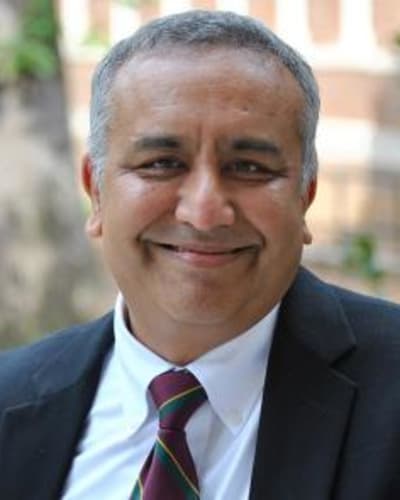Opening Keynote
- Starts at
-
03 Oct 22 15:45 UTC - Finishes at
-
03 Oct 22 17:15 UTC - Venue
- Virtual Conference Room A
- Moderator
- Javed Mostafa
Presentations
Clinical Data Standardization for Learning Healthcare Systems
Over the past decade, Electronic Health Record (EHR) systems have been widely implemented with large amounts of detailed longitudinal patient information, including lab tests, medications, disease status, and treatment outcomes, have consequently been accumulated and made electronically available. These large clinical databases are valuable data sources for enabling learning healthcare systems, i.e., generating real-world evidence from practice to advance medicine and improve healthcare. Data standardization, which aims to adopt HIT Standards to foster better syntactic and semantics interoperability, plays significant roles in enabling learning healthcare systems. In this talk, I will introduce the history of medical records, digital transformations, and HIT Standards. I will then discuss various efforts in data standardization including natural language processing to generate computable clinical data for clinical research and practice.
-

Hongfang Liu
Mayo Clinic
The primary research focus of Hongfang Liu, Ph.D., is to facilitate the secondary use of clinical data for clinical and translational science research and health care delivery improvement using data science, artificial intelligence and informatics approaches. Her research has been extensively funded by the National Science Foundation and the National Institute of Health (NIH) since 2003. Her work accelerates the pace of knowledge discovery, implementation and delivery of improved health care. Dr. Liu is a member of several professional societies, including the American Medical Informatics Association (AMIA) and the International Society for Computational Biology (ISCB).
Moderator
-

Javed Mostafa
UNC School of Information and Library Science and UNC School of Medicine
Professor Javed Mostafa holds a joint appointment with the UNC School of Information and Library Science (SILS) and the Biomedical Research Imaging Center(link is external) at the UNC School of Medicine. He is also the director of the Carolina Health Informatics Program (CHIP)(link is external) and the Laboratory of Applied Informatics Research.
His research concentrates on information retrieval problems, particularly related to search and user-system interactions in large-scale document/data repositories. He has current research engagements in biomedical data mining, analysis, visualization, user interface design, and multi-modal human-computer interaction. He regularly serves on program and organizing committees for major conferences and participates as reviewer for major grant initiatives.

